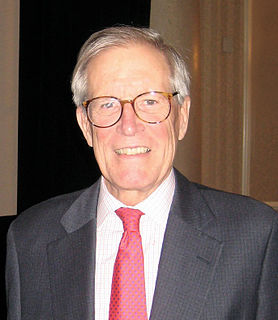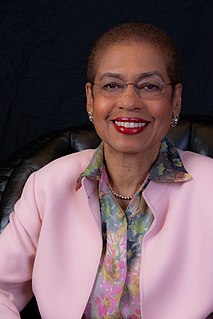A Quote by Betty Friedan
There's no question that the black middle class has benefited greatly by the civil rights movement. But there is a large black underclass that does not have access to jobs. If there's no clear road to income and status except crime, we should expect social problems. You can't solve this problem without addressing the economic issues, and the same is true with gender.
Quote Topics
Access
Addressing
Black
Civil
Civil Rights
Civil Rights Movement
Class
Clear
Crime
Does
Economic
Economic Issues
Except
Expect
Gender
Greatly
Income
Issues
Jobs
Large
Middle
Middle Class
Movement
No Question
Problem
Problems
Question
Rights
Rights Movement
Road
Same
Should
Social
Social Problems
Solve
Status
True
Without
Related Quotes
The historical basis for the gap between the black middle class and underclass shows that ending discrimination, by itself, would not eradicate black poverty and dysfunction. We also need intervention to promulgate a middle-class ethic of success among the poor, while expanding opportunities for economic betterment.
Eventually [black men] are arrested, whether they've committed any serious crime or not, and branded criminals or felons for life. Upon release, they're ushered into a parallel social universe in which the civil and human rights supposedly won during the Civil Rights Movement no longer apply to them.
I agree that income disparity is the great issue of our time. It is even broader and more difficult than the civil rights issues of the 1960s. The '99 percent' is not just a slogan. The disparity in income has left the middle class with lowered, not rising, income, and the poor unable to reach the middle class.
The civil rights movement didn't deal with the issue of political disenfranchisement in the Northern cities. It didn't deal with the issues that were happening in places like Detroit, where there was a deep process of deindustrialization going on. So you have this response of angry young people, with a war going on in Vietnam, a poverty program that was insufficient, and police brutality. All these things gave rise to the black power movement. The black power movement was not a separation from the civil rights movement, but a continuation of this whole process of democratization.
Particularly black Americans, many of them, from quotes that I have seen and conversations I've had, are sort of insulted that the civil rights movement is being hijacked - the rhetoric of the civil rights movement is being hijacked for something like same sex marriage. Black Americans tend to have a higher degree of religiosity.
The black middle-class in America is a prosperous community that is now larger in absolute terms than the black underclass. Does its existence not suggest that economic adversity is the result of failures of individual character rather than the lingering after-effects of racial discrimination and a slave system that ceased to exist well over a century ago?
Generally, the arguments for same-sex marriage go along these lines: 'I have a civil right.' What the homosexual movement wants to do is to hitch their agenda to the civil rights movement, but I point out that this is illegitimate for a number of reasons. Number one, no black person has ever left his black-ness or changed his black-ness, but plenty of people have come out of the homosexual movement. What we need to do is distinguish between race and behavior.
Actually we've had a black bourgeoisie or the makings of a black bourgeoisie for many more decades.In a sense the quest for the emancipation of black people in the US has always been a quest for economic liberation which means to a certain extent that the rise of black middle class would be inevitable. What I think is different today is the lack of political connection between the black middle class and the increasing numbers of black people who are more impoverished than ever before.




































